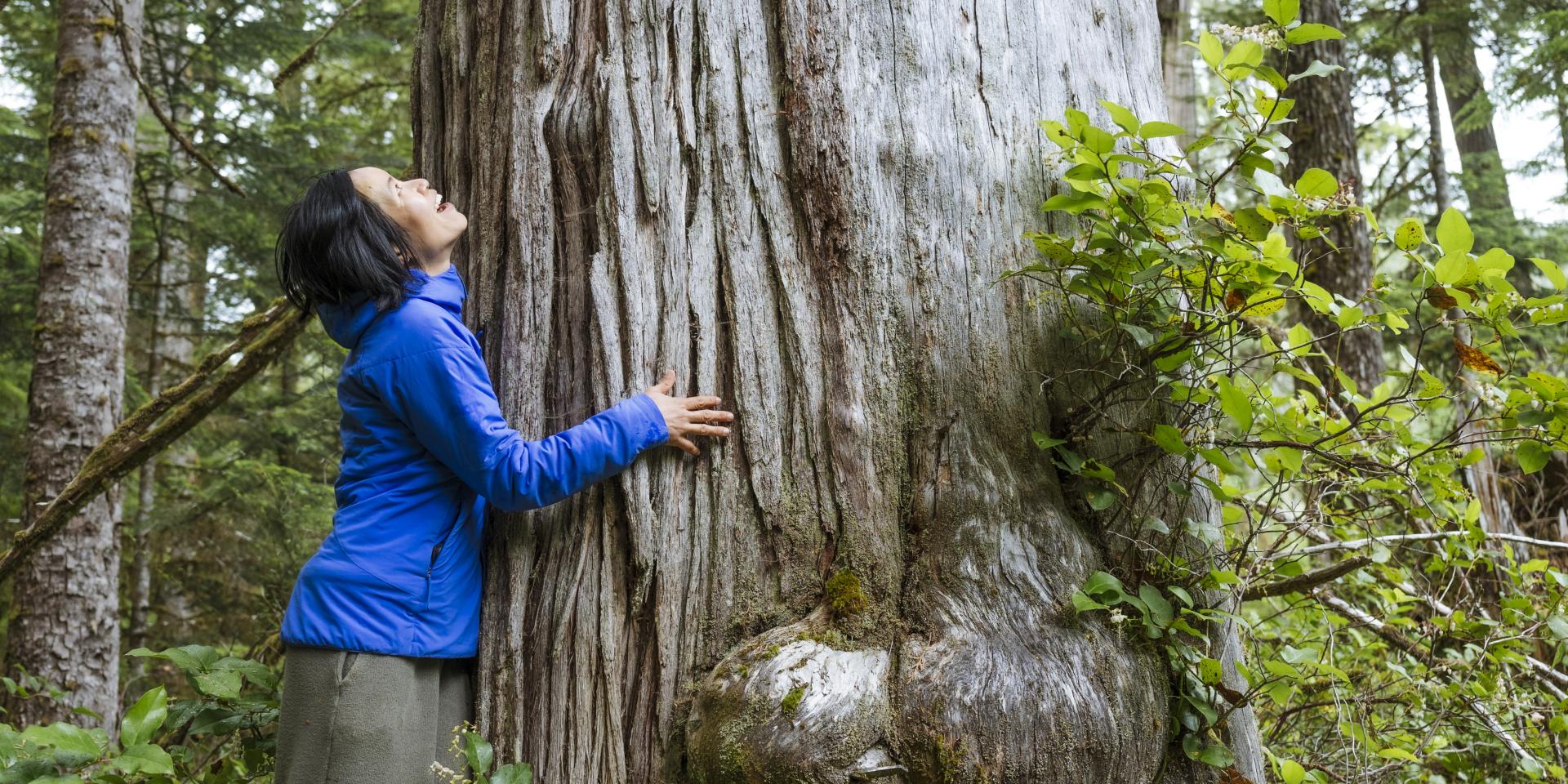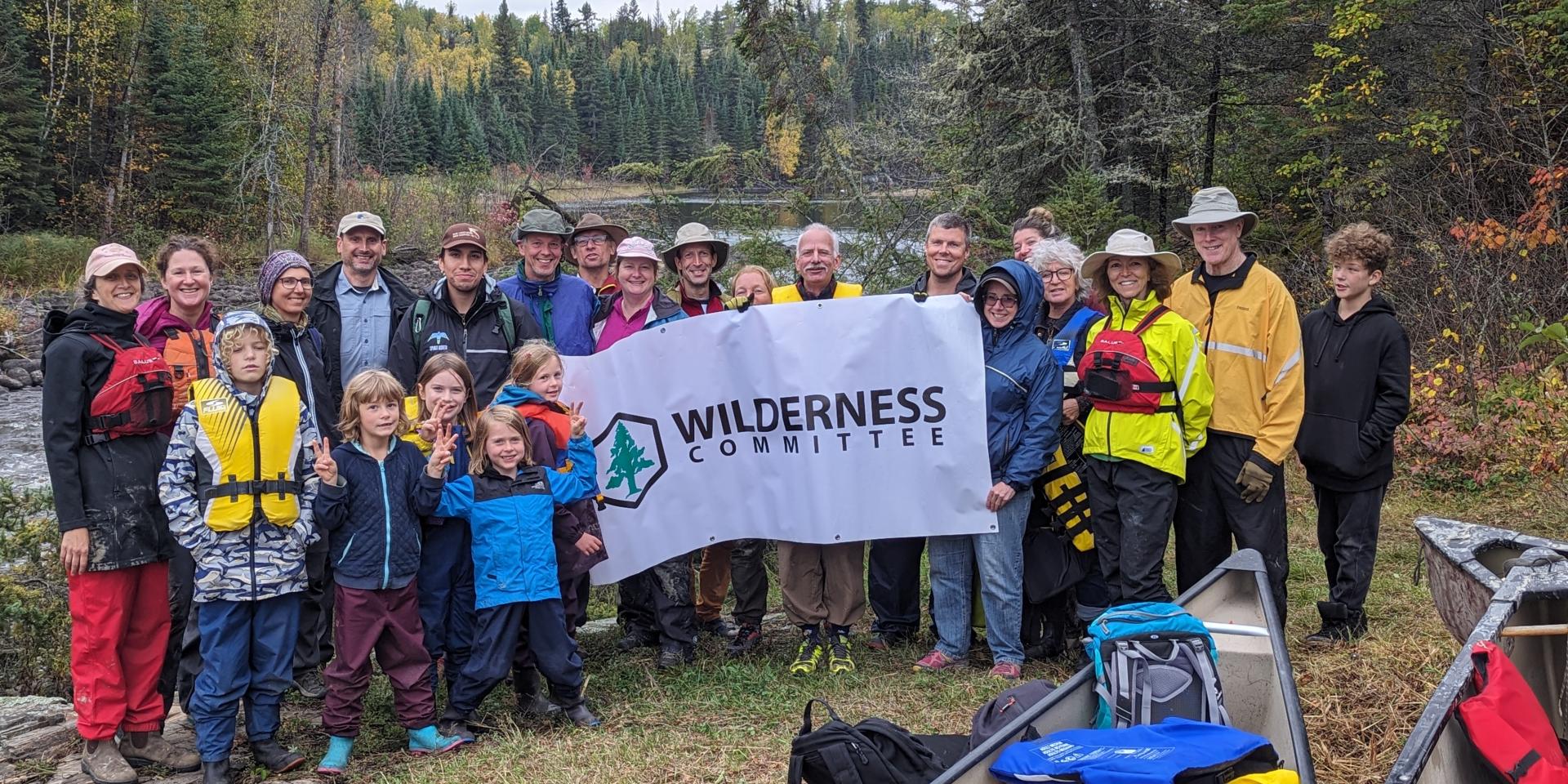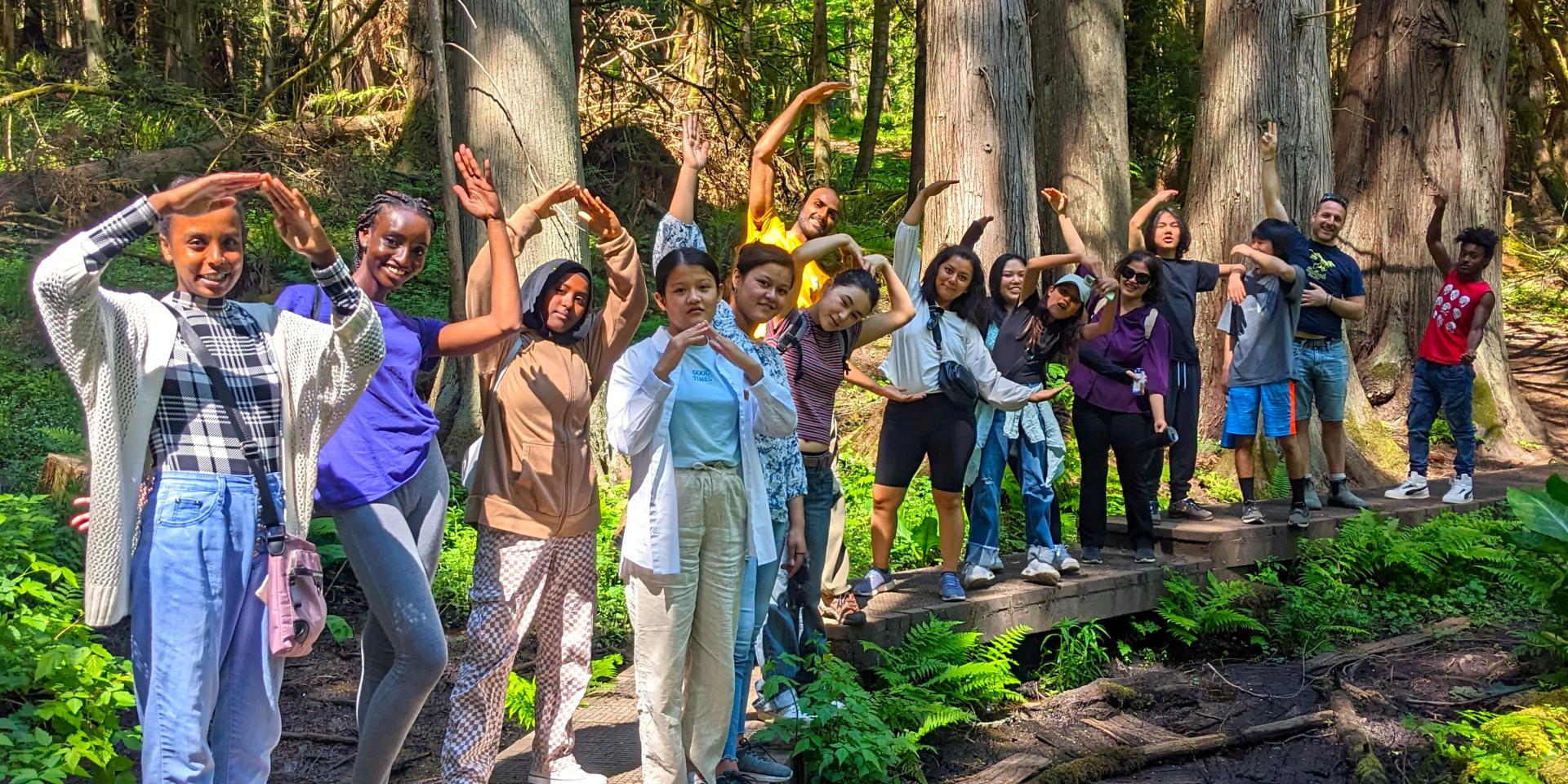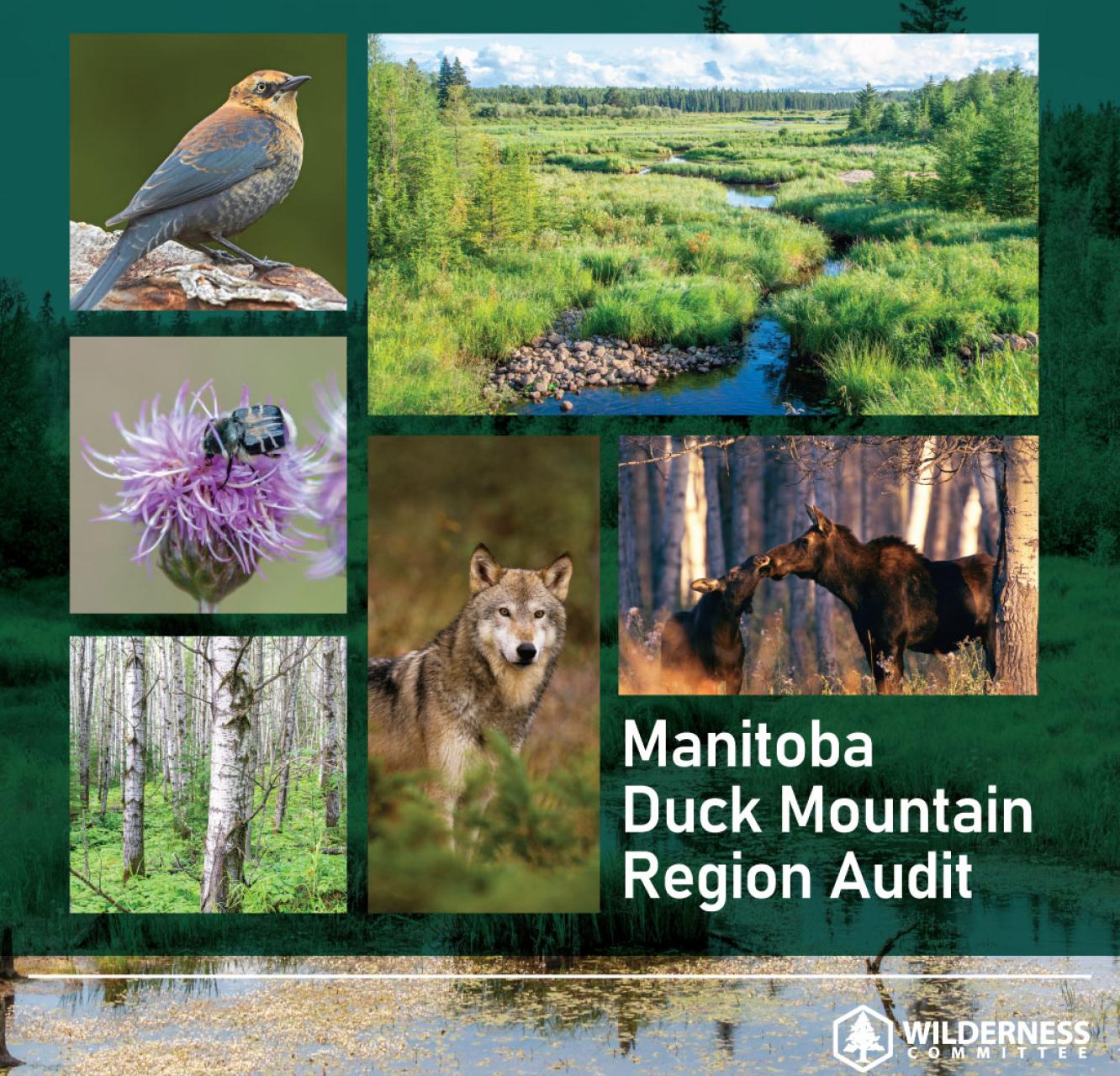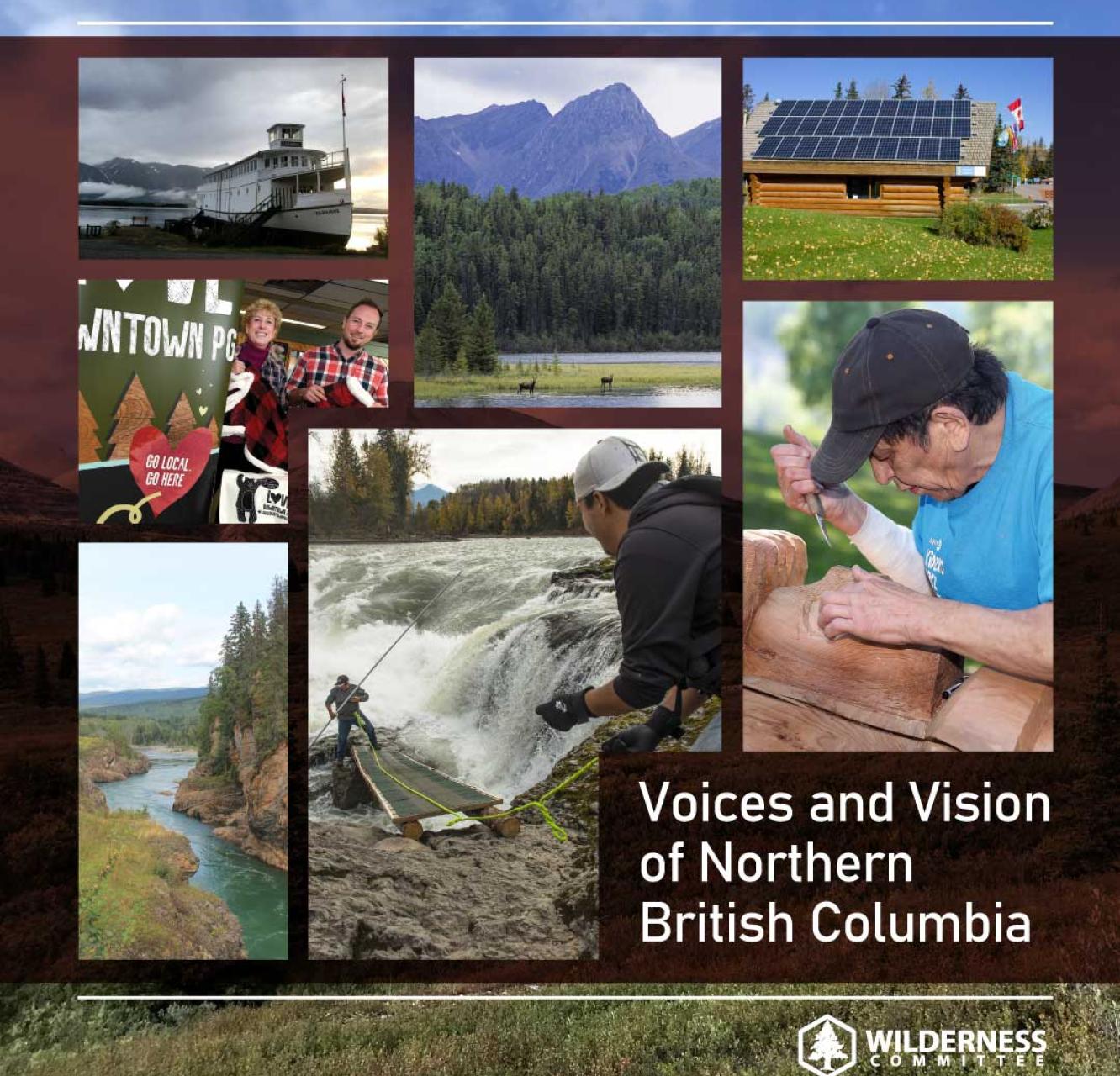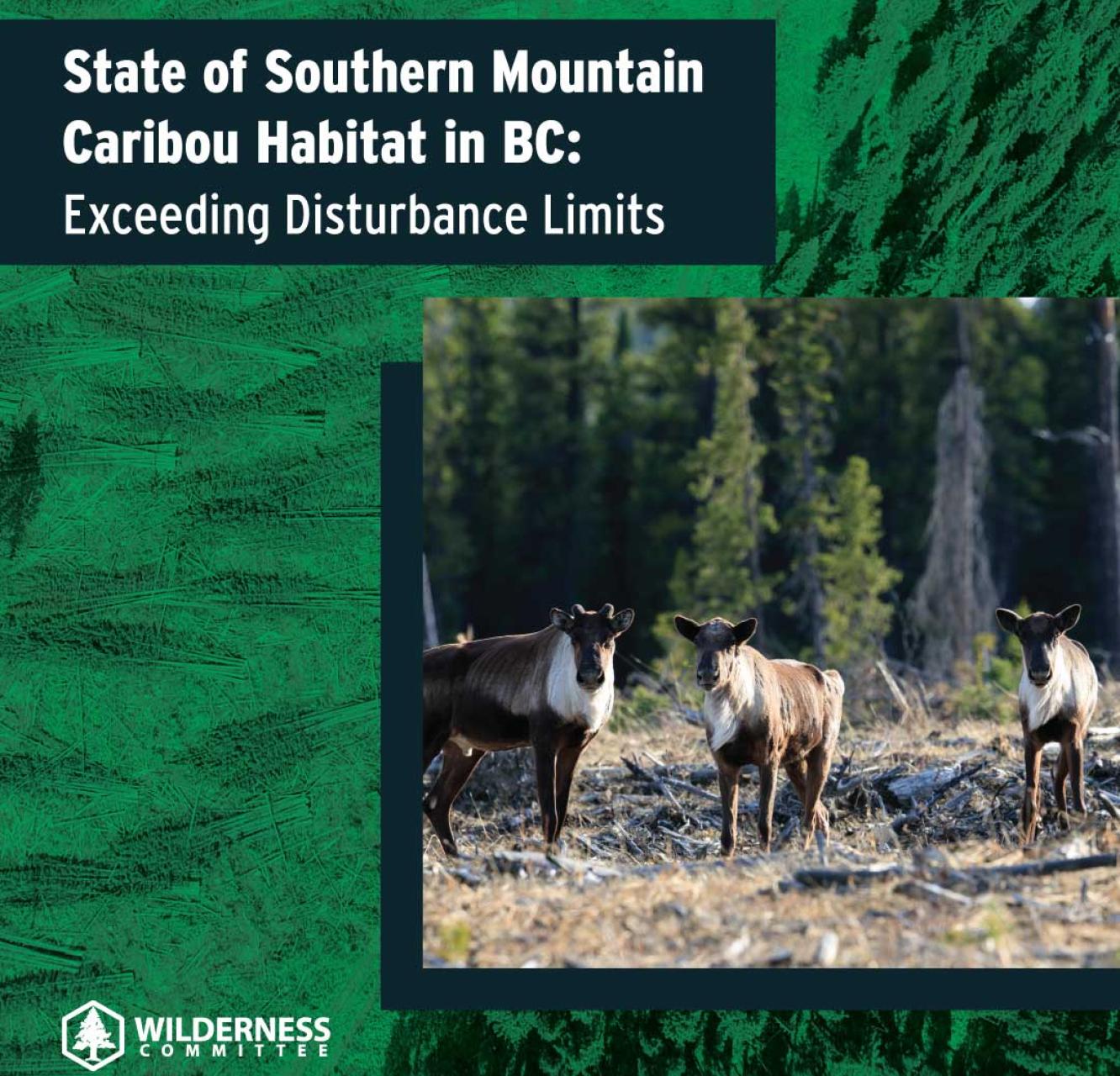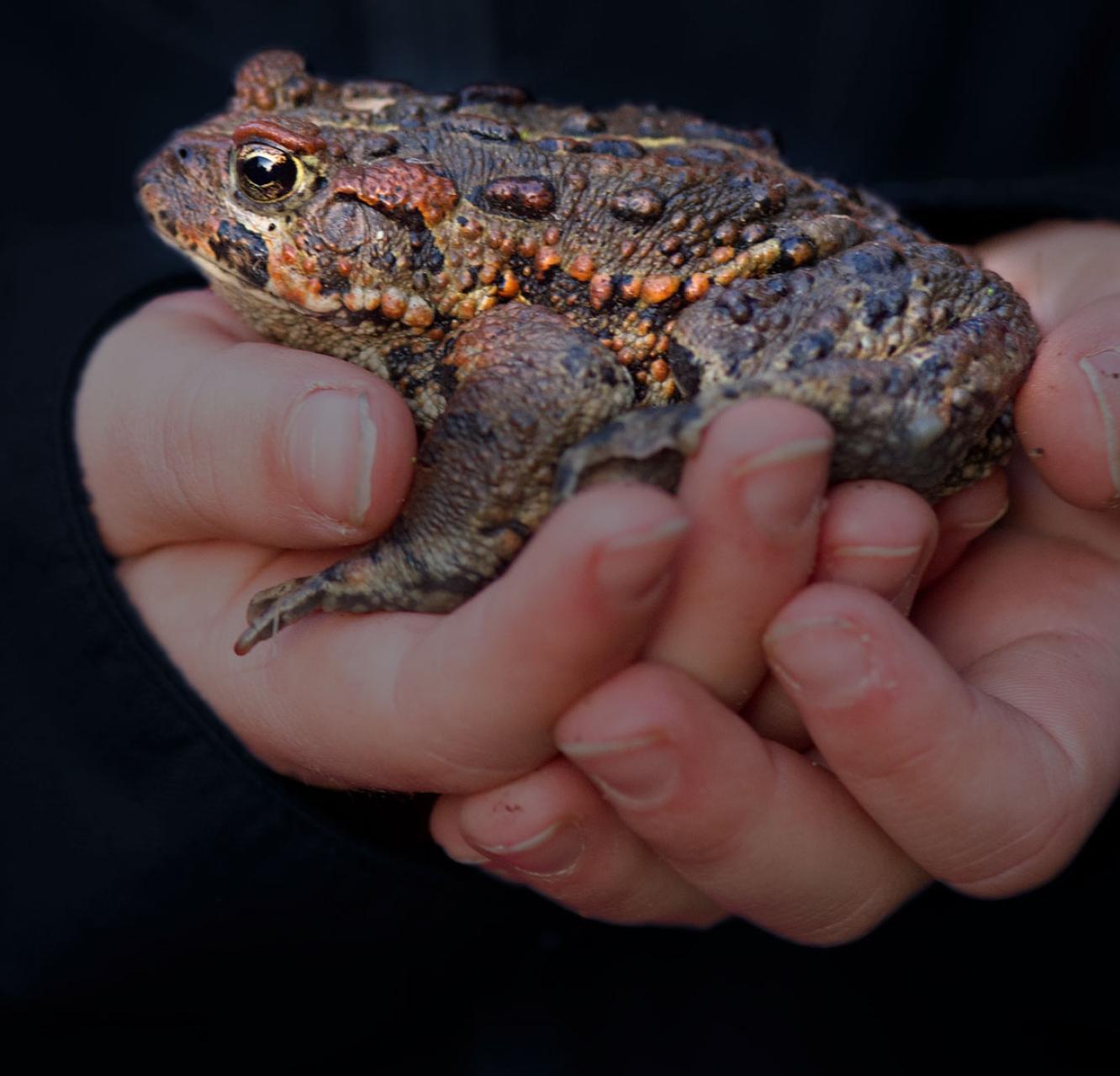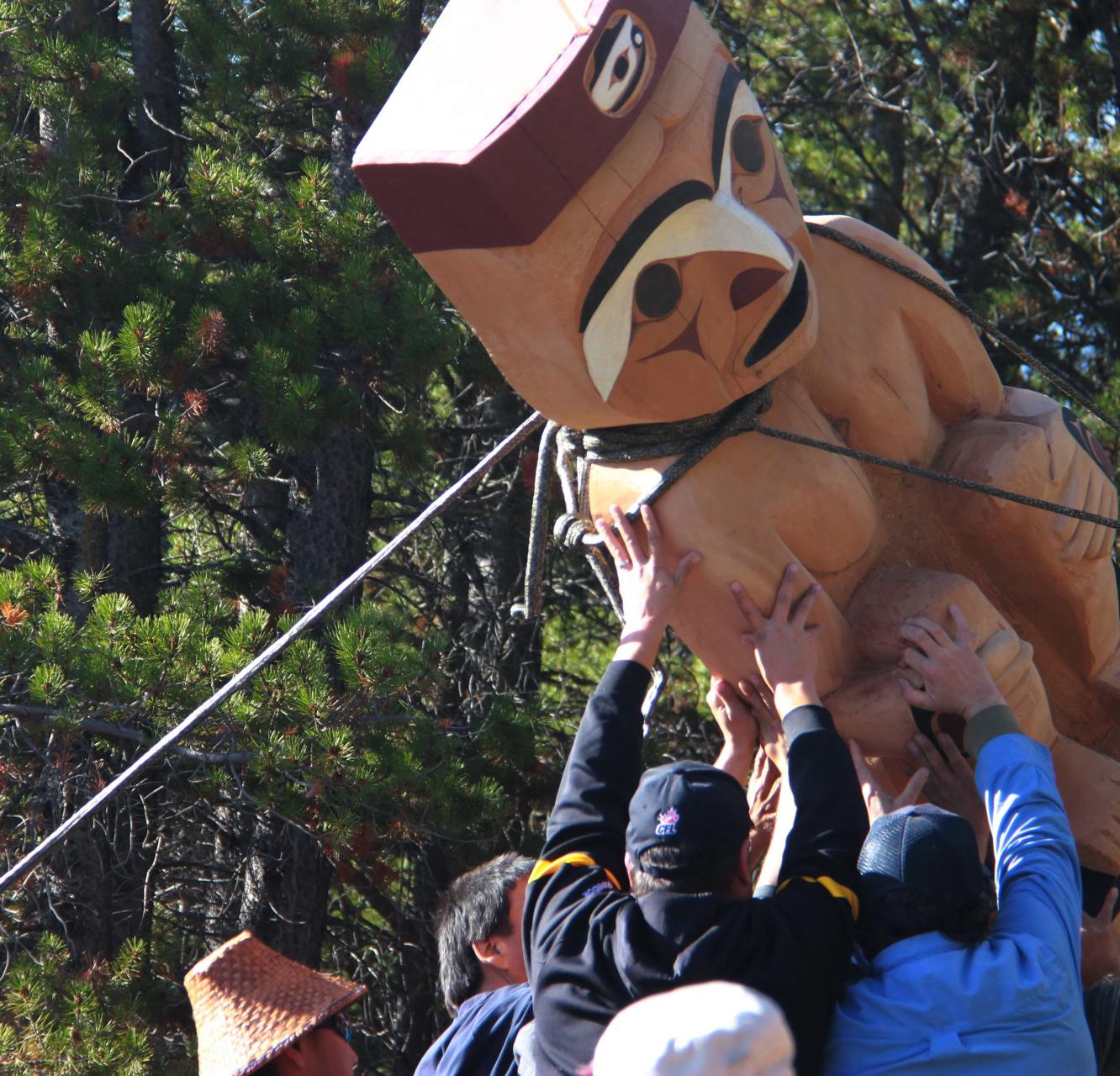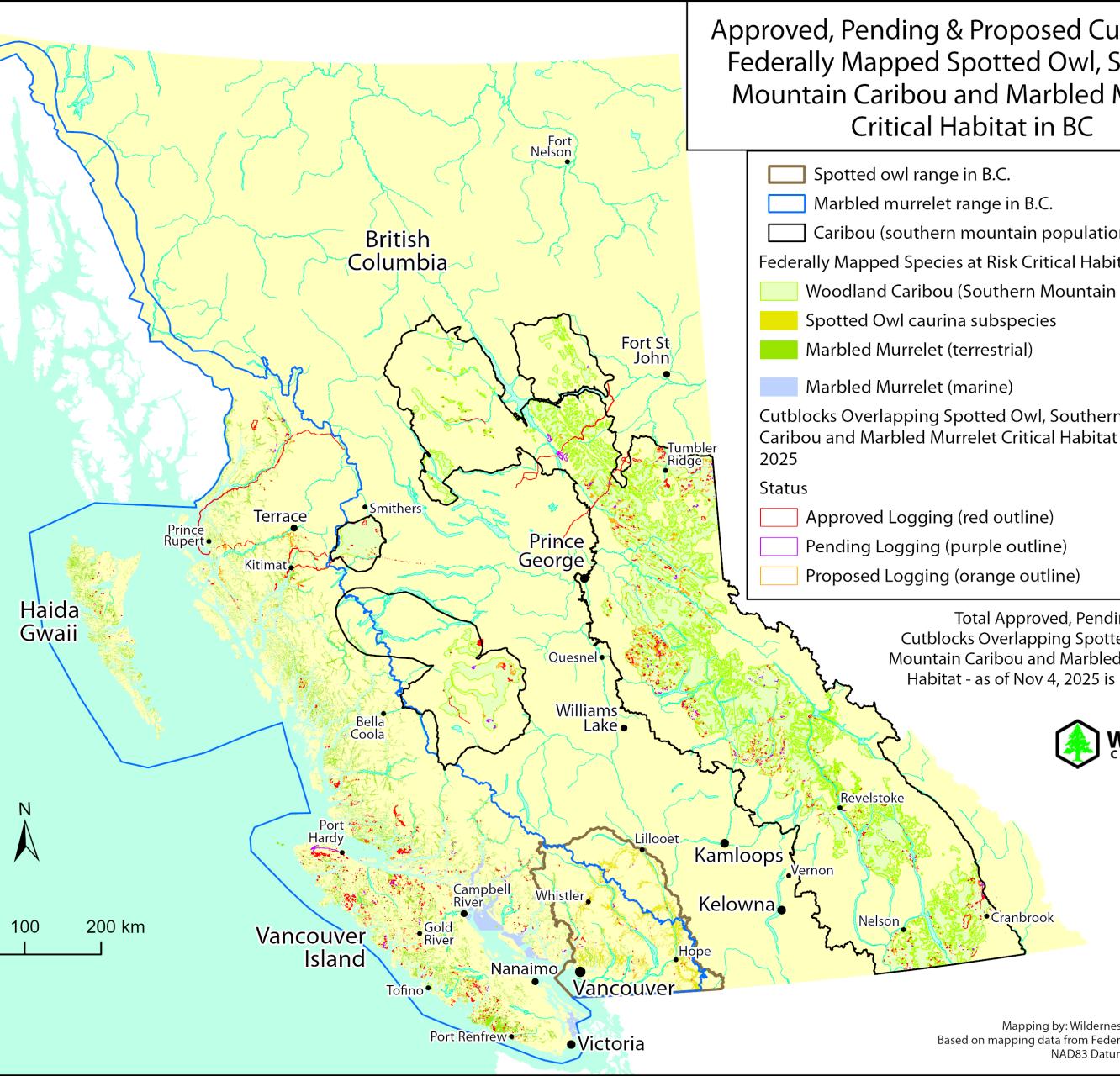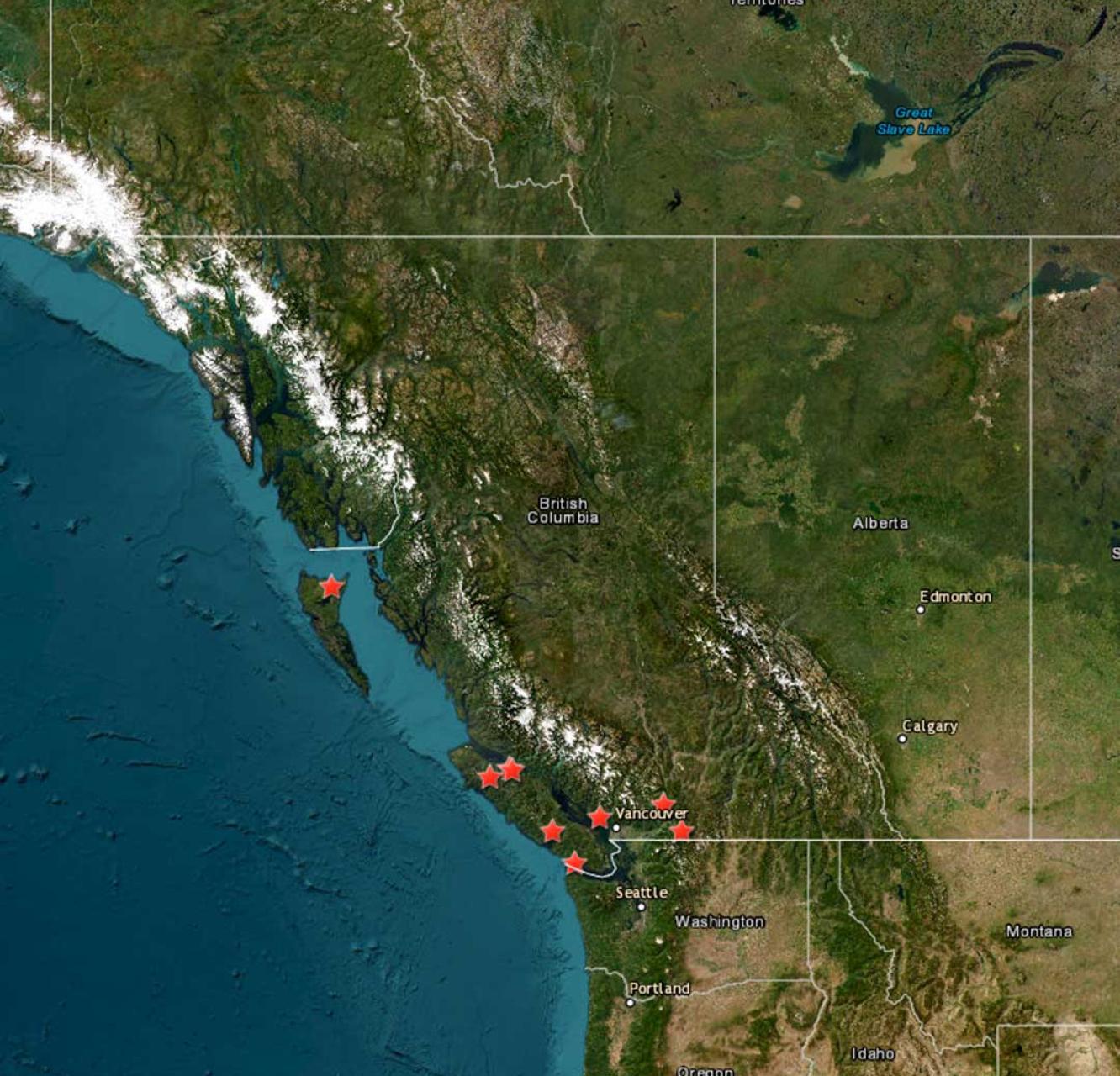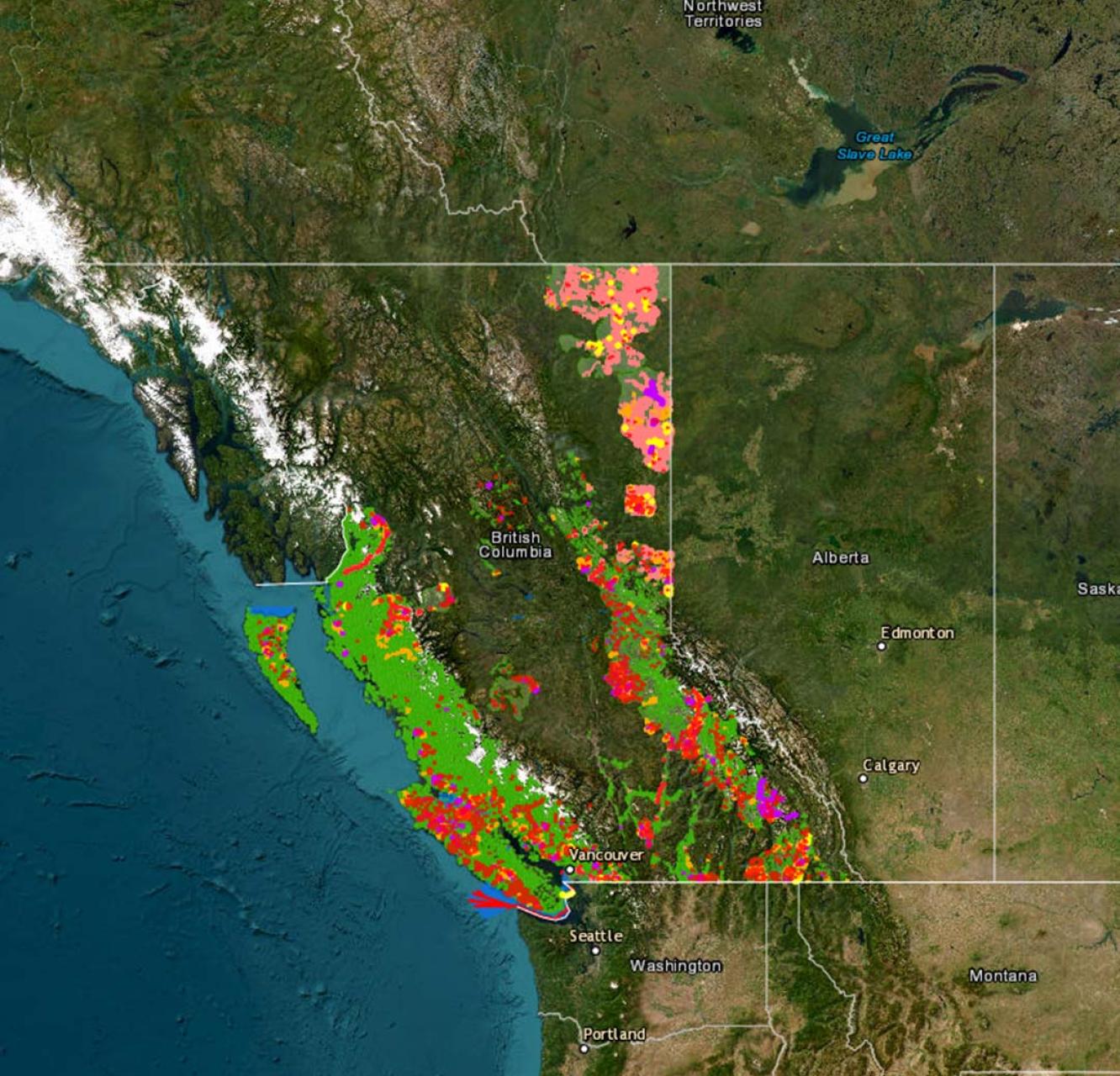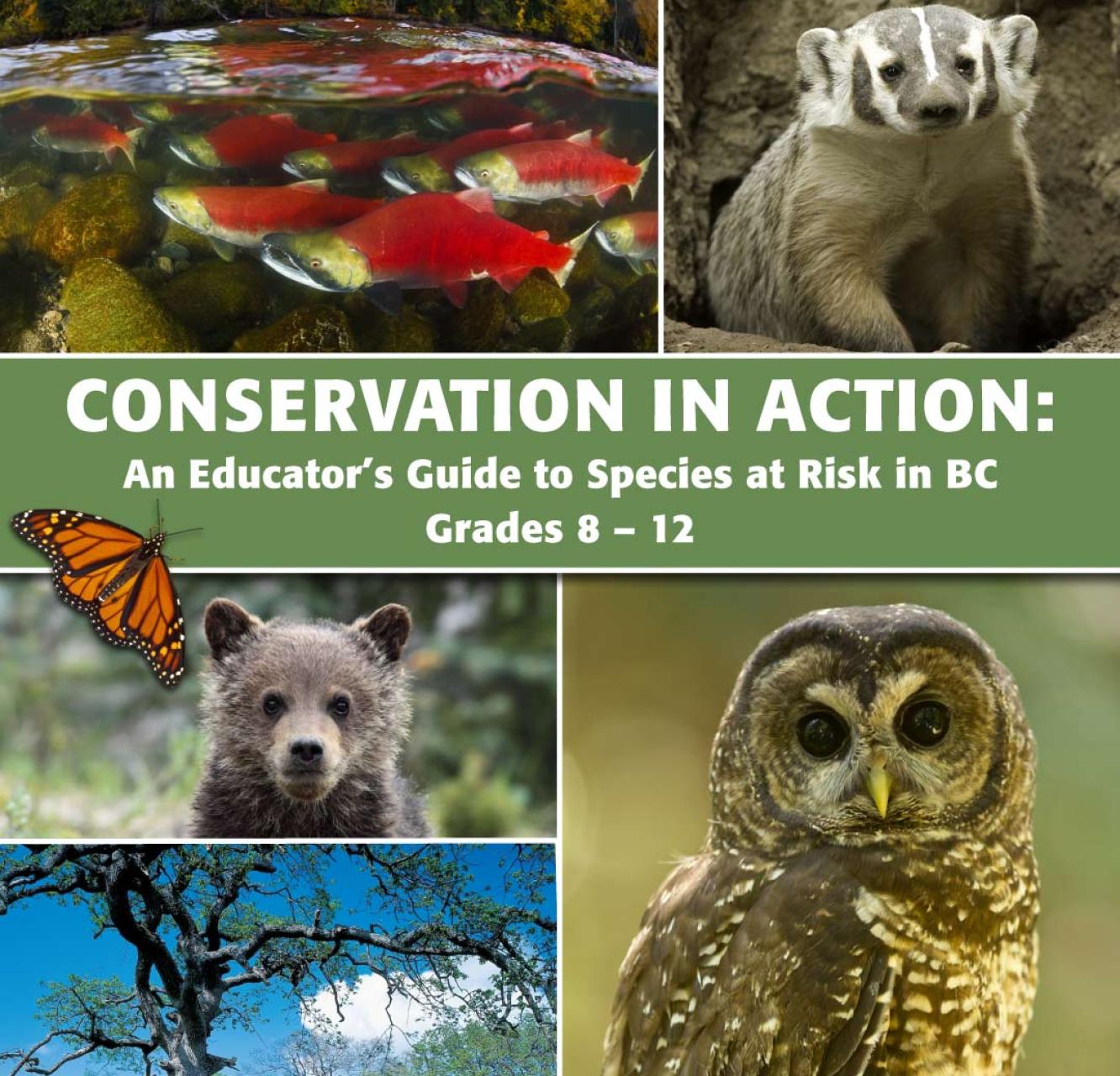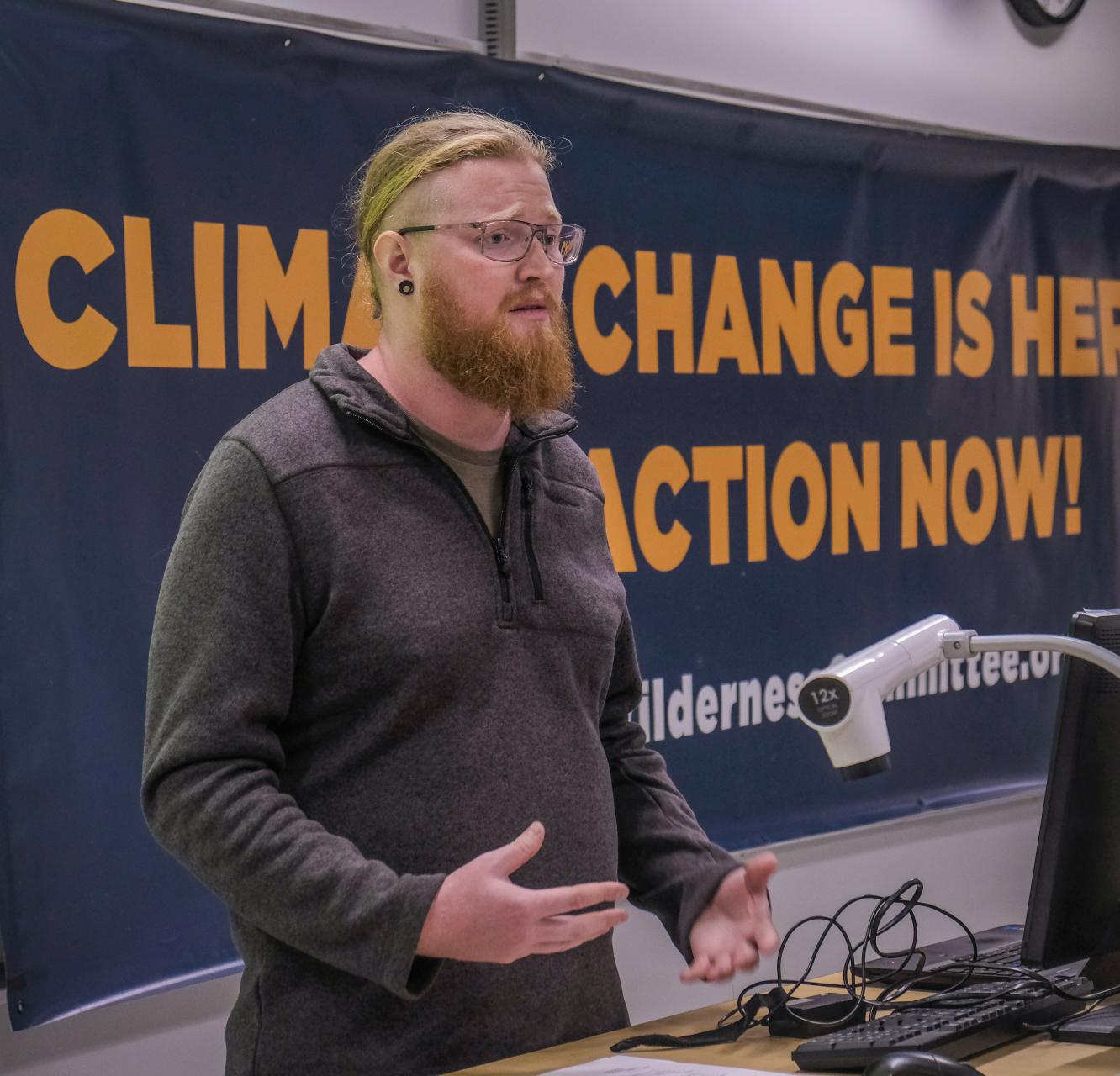Education and Research
The Wilderness Committee strives to deepen public understanding of the environmental challenges we face and the solutions within reach. Our educational initiatives are backed by strong research and mapping programs. By sharing knowledge with impact, we empower communities to engage meaningfully and confidently act for the planet.
Reports that uncover the truth
The Wilderness Committee mobilizes grassroots action for nature, always with a solid foundation in both science and the lived experience of communities. Our research reports go to policymakers, potential partners, First Nations and local grassroots groups created with input from knowledge holders, scientists and residents, including First Nations. These reports help us build powerful coalitions and challenge governments with evidence and authority.
Logging in Duck Mountain Provincial Park
In Manitoba, we found that the government and industry were ignoring the goals and commitments of the Duck Mountain Provincial Park. These include lands used by the Minegoziibe Anishinabe, Wuskwi Sipihk First Nation, and Tootinaowaziibeeng First Nations. Our team of researchers found in a field mapping audit that the scale, scope and quality of logging in the Duck Mountain region is unsustainable and in some cases outright illegal. Clearcuts are larger than what is allowed, and all-season logging roads disrupt virtually the entire forest region.
Voices and Vision of Northern B.C.
In Northern B.C., Indigenous and settler communities share common interests and a vision for a strong, stable, sustainable economy. To learn more about what northern communities need to successfully navigate these changes, we surveyed leaders on how social movements and the provincial government can support their vision for the future. Meeting provincial policy goals around Indigenous rights and climate change comes with unique challenges in the North. At the same time, there would be enormous opportunities if northern communities were provided the resources and capacity to take advantage of them.
State of Southern Mountain Caribou Habitat
Habitat disturbance levels exceed recovery thresholds for 17 out of 21 (or 81 per cent) southern mountain caribou subpopulations throughout B.C. In 2003, southern mountain caribou were first listed as at risk under SARA. Since then, the province has not effectively provided the protection they are responsible for. This analysis aims to determine which, if any, herds have exceeded the federal recovery strategy critical habitat thresholds necessary to achieve caribou recovery and survival.
Stories of hope
Stories are a crucial part of shaping public imagination and inspiring action. We bring what we know to life through storytelling, from award-winning documentaries to evocative articles in our long-running publication series that reach more than 70,000 readers each year. Our success relies on turning academic and expert research into accessible content that captures the heart.
Uncover the stories below.
Award-Winning Species at Risk Documentary
To garner support for our campaign advocating for a law to protect species at risk in B.C., we produced a series of short videos and a short film on various endangered species in B.C. Toad People focuses on the plight of the western toad and follows everyday people who are passionate about saving wildlife in their backyards. It won a Panda Award from the international wildlife film festival Wildscreen in Bristol, U.K.
Dasiqox Tribal Park Vision
In 2014, the Tsilhqot'in Nation announced their intention to establish the Dasiqox Tribal Park, designating part of their territory as an Indigenous Protected Conservation Area to protect local wildlife and ecosystems, maintain their culture and provide sustainable economic development to their communities. The Wilderness Committee produced two videos in support of this work with our partner River Voices Production.
#TheClimateTalk
We interviewed youth in British Columbia having #TheClimateTalk with their parents. We provided resources so that other youth could educate their parents and families about climate change and how important it is for the next generation that governments take serious climate action now.
Mapping and data visualization
Maps and storymaps are some of our most popular educational tools that inspire people to action. Maps guide decision-makers, especially First Nations governments, on land use planning and inform legal cases. We create these in support of Indigenous priorities with conservation work.
Explore the maps below.
Logging in Critical Habitat
Maps of approved, pending and proposed cutblocks in federally mapped spotted owl, southern mountain caribou and marbled murrelet critical habitat in B.C.
Explore the B.C. Extinction Story
See just how much land in B.C. is at risk of being lost to industrial activity (hint: it’s most of the province). This advocacy tool educates everyday people on the need for a province-specific law protecting species at risk, which the Wilderness Committee has been campaigning on for years.
School and community engagement
We believe that when people understand what’s at stake for nature, wildlife and the climate, they’re more likely to take meaningful action. Ensuring our work and research reaches students, educators and the communities affected by environmental issues is a must.
Learn about our education efforts below.
Teacher Education Tool on Species at Risk
As part of our educational mandate, we developed an experiential learning curriculum for high school teachers to bring environmental stewardship and awareness of species and habitat at risk into high school classrooms.
If you’re interested in receiving a copy of Conservation in Action: An Educator’s Guide to Species at Risk in BC for your classroom, contact us.
School and Community Presentations
Part of mobilizing grassroots is meeting people where they are, sometimes literally. With teacher resources in short supply, we present on current wilderness, wildlife and climate issues in high schools. We visit communities in B.C., Manitoba and Ontario when a campaign to protect a forest, fight a quarry or stop an oil pipeline crosses their path. These presentations introduce students and community members to what’s at stake and how to get involved.
If you’re interested in a presentation on a specific issue important to your region, contact us.
Join Us
Don’t miss your chance to make a difference. Receive campaign updates and important actions you can take to protect wildlife, preserve wilderness and fight climate change.

